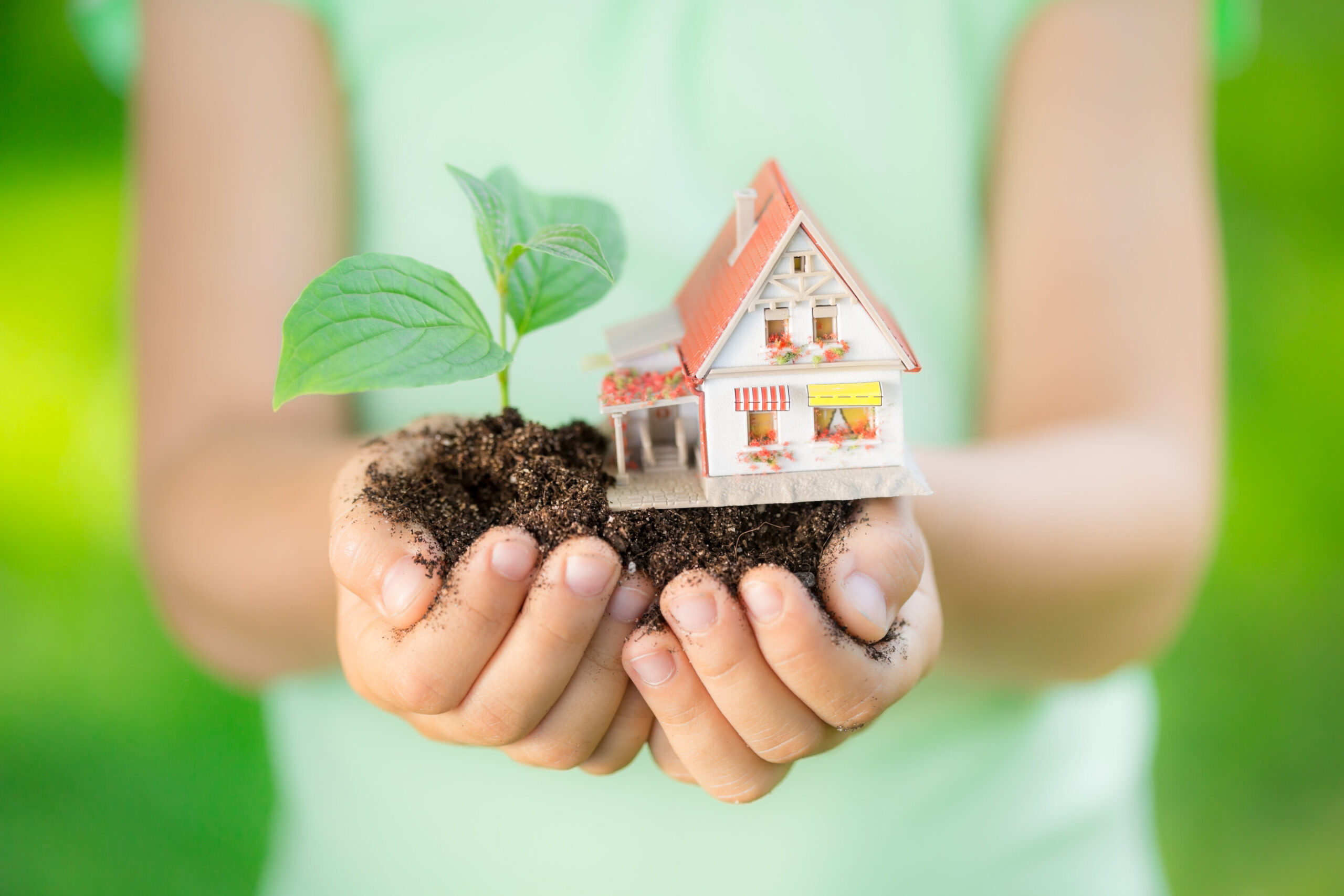LONDON, England, 2021-Nov-26 — /Travel PR News/ — Earlier this month, world leaders at the COP26 summit called for a government drive to encourage Brits to holiday at home to minimise the negative impacts of travel on the environment.
While this is great news for the UK travel sector, there’s more that can be done by holiday homeowners to reduce their carbon footprint.
Here, Harry Roberts from My Favourite Cottages issues a short guide on how to make your holiday home more sustainable and encourage guests to have a more eco-friendly stay…
Use renewable energy and smart alternatives
Consider utilising renewable energy resources such as solar, wind or hydro energy.
As a leading source of renewable energy, installing solar panels can reduce the carbon footprint of your holiday home by 80 percent in one year. They last for up to 50 years, therefore do not need to be replaced often and require little maintenance. Plus, they can reduce your electricity bill, the Energy Savings Trust by as much as £120-£310 a year.
Meanwhile, smart alternatives such as LED lightbulbs last 25 times longer than traditional light bulbs and are 80 percent more energy efficient, converting 95 percent of energy used into light, compared to five percent used by fluorescent bulbs. So, swap your bulbs out to reduce power usage and eliminate specialist disposal.
In addition, check all your appliances have an A++ energy rating, as these are more eco-friendly and cost efficient in the long run.
Save water
On average, each person uses about 142 litres of water each day, which combined with the increasing pressure on natural resources, means the UK could face water shortages by 2050.
Prevent guests from extra water wastage, by replacing and installing water-efficient showerheads, low-flow taps and dual flush toilets which use four-six litres compared to standard 13 litres.
Plus, opt for modern energy and water-efficient appliances to help control the use of water and reduce your water bill.
Think about the finer details
Generating a big impact always starts with implementing the smallest changes.
Provide guests with eco-friendly extras, such as reusable bottles for beauty products instead of ‘throw-away’ minis, to reduce the amount of plastic waste per guest. Additionally, switch to eco-friendly soaps, washing up liquids and detergents that are free from any harmful chemicals or pollutants.
Encourage guests to recycle by providing them with a proper disposal place, as well as clear instructions in the welcome pack of where and how they can do this.
Leave out some reusable shopping bags to discourage guests from buying single-use plastic bags when shopping.
And reduce the need for extra heating by investing in thick curtains and furnishings such as thick blankets and draught excluders. Not only will this help to reduce your heating bill but it will add extra cosiness to the décor, too.
Encourage eco-friendly activities
The thrill of going on holiday is gaining the authentic experience of relishing ourselves in the local culture and community.
As a result of the pandemic, nearly two-thirds of consumers in the UK are shopping locally, leading to a 63 percent rise in spending at specialist food and drink stores.
Tantalize your guests with a list of your favourite local stops to encourage them to dine and shop locally, reduce their carbon footprint and boost the local economy.
And while it’s tempting to jump in the car to visit local sights, persuade guests to leave their car behind to reduce air pollution, protect biodiversity and save money.
Supply them with the best local walking guides for the best scenic places to explore by foot.
However, if walking is a tricky option, ensure you provide details on public transport timetables or bike hiring schemes.
If guests are looking be try something new or want to be proactive in helping our planet whilst on holiday, there are several local beach-clean-up organisations and schemes you can suggest for them to get involved with across the UK.

